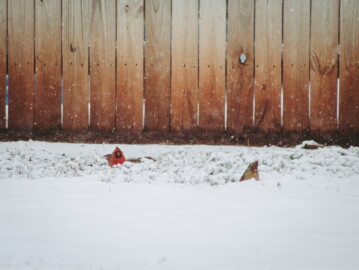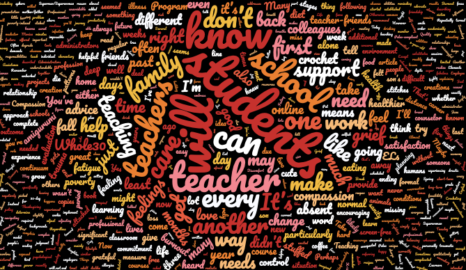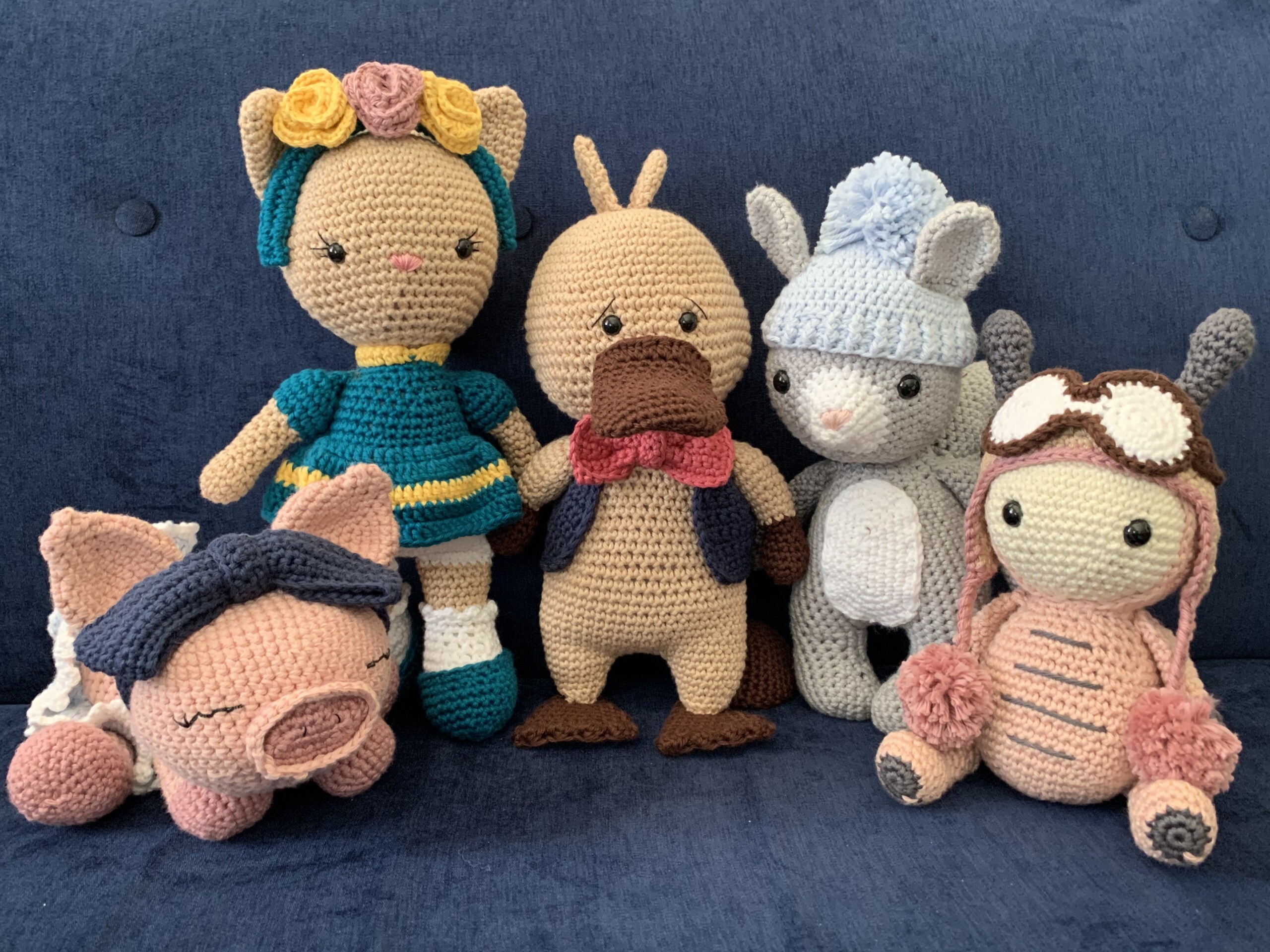In the wake of COVID-19, this school year is ending much differently than any I’ve known in the past. I’m guessing you feel the same way. In my state, universities have transitioned to all online courses, and K-12 schools will implement distance learning in the coming weeks. Unfortunately, they will not reopen their doors to students before next fall.
Almost three weeks ago, I was meeting with teachers and administrators at an elementary school when the district unexpectedly closed schools early for Spring Break. It felt like an overreaction, and I was sure they would resume school as scheduled after the break. I never imagined, nor did those teachers, that we wouldn’t be back in the building for at least 5 months.
Several months ago, I wrote an article about how students miss you when you have to be absent from school. Now, teachers and students are all missing each other. It makes me sad – for administrators, for teachers, and for students and their families. There are students who are excited to not go back into a formal school setting, but most know school as a fun, safe place. They love learning, and they love their teachers. Administrators and teachers get attached to students, too, and it’s difficult to know they won’t be back together in the same way. Of course, this leaving happens every year in May or June. That ending is normal and expected. This one was not.
It seems that most people are feeling a measure of grief due to this situation. If that’s you, know that grief is understandable and normal. You’ve experienced an unexpected loss, and you have to deal with it while adjusting to a brand new normal at the same time. Perhaps you’re helping your own children keep up with schoolwork, or stay productively occupied (or at least not kill each other!). You have concerns related to the health of family and friends or the future of the economy. You are also likely being asked by your administrator to figure out a way to help your students redeem the remainder of the year through some form of distance learning.
It’s a lot to deal with.
You’ve heard this advice before, but I want to encourage you to take care of yourself. Take a deep breath. And another. And another. You will not be good to anyone else if you don’t take care of yourself first. It’s not being selfish. It’s being realistic. Eat well, drink lots of water, get some sleep, and take deep breaths.
Take time for yourself and don’t be afraid to embrace the feelings of grief you may be experiencing. Here are a few resources that might be helpful. That Discomfort You’re Feeling is Grief was written just last week and addresses the current situation, specifically. It offers some good advice, too. You might want to read more about the five stages of grief as they were originally described and this article that suggests a slightly different view on the stages.
Remember that we will get through this. Things may look different on the other side, but they will be good again. You will have another group of students that you’ll fall in love with. You will teach some fabulous lessons, both this spring and next fall. You will learn and grow, and so will your students. Perhaps you will even learn some things about yourself and dealing with loss that will give you tools to help your future students move through their own grief processes.
If you feel comfortable, share a comment below or add a topic in the Discussion Forums about how you are dealing with this situation. What suggestions or advice do you have to offer others?







Comments are closed.
[…] may be experiencing grief, but at some point in that process you realize you can’t stay stuck on the inexplicable nature of […]